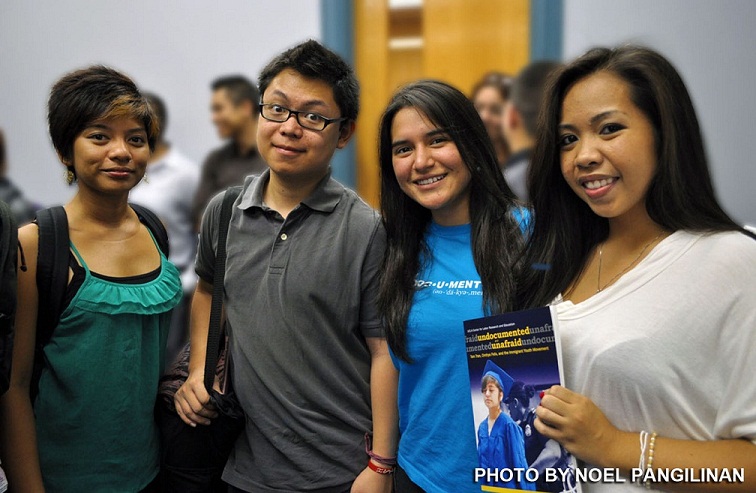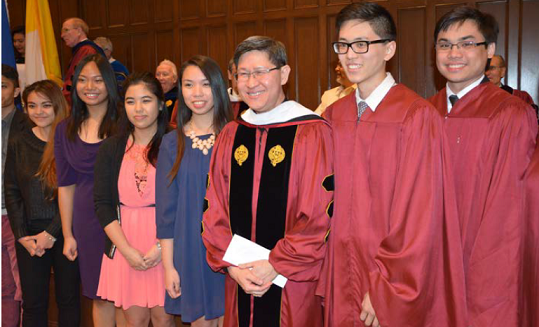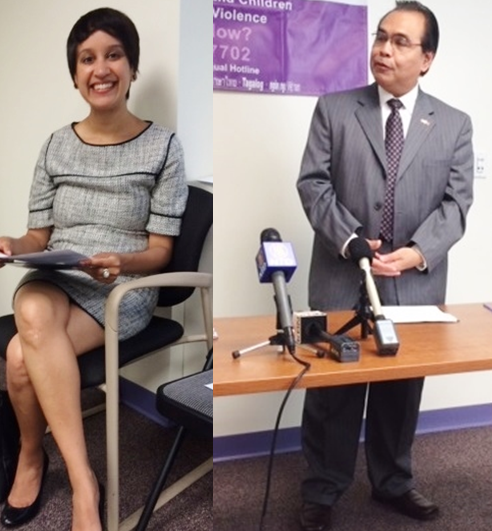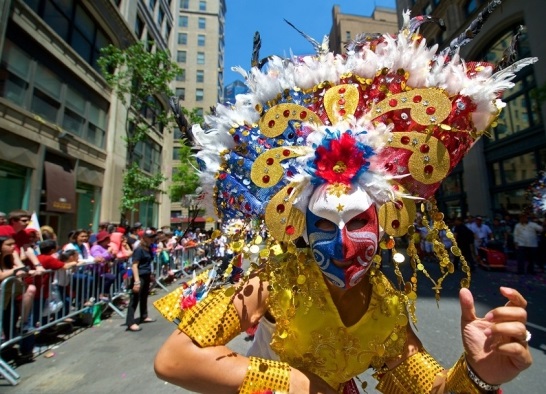Struggling Astoria residents face job loss, sense of uncertainty coming out of pandemic
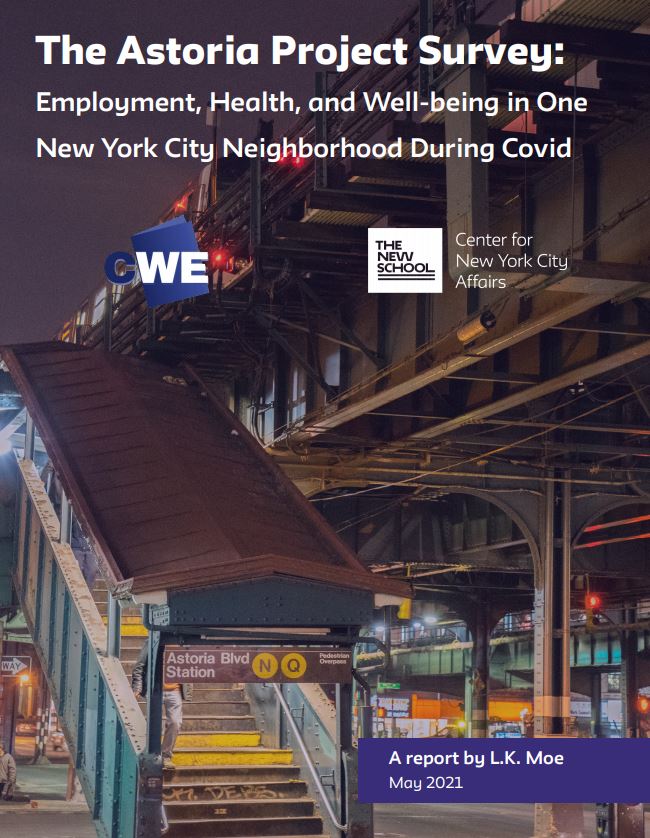
Eve lost her babysitting job when the family of her 4-year-old ward packed for good and moved to California in the middle of the pandemic. She is one of several thousands of Filipinos who call Astoria home. A nanny for more than 10 years, Eve – with no health insurance and other employment benefits — is facing her own economic dislocation as she, too, will have to move out of NYC to temporarily live with a sister in the south as the cost of living in New York becomes too much of a load.
Eve’s story is one of many that amplifies the economic impact the pandemic has on residents of this neighborhood as New York City begins to reopen for business, according to a report, “The Astoria Project Survey: Employment, Health and Well-Being in One New York City Neighborhood During Covid,” published by the Center for New York City Affairs at The New School. The economic impact is “widespread,” it states, and the post-pandemic jobs landscape “remains uncertain.”
Below is an excerpt from the report:
“The Astoria Project offers a unique portrait of workers in one neighborhood’s Covid experience that reveals the depth and breadth of the challenges the city will face as it emerges from the pandemic. Survey results were weighted by industry of employment to approximate the industry distribution of workers residing in Astoria.
“Economic impacts were widespread and the post-pandemic jobs landscape remains uncertain for many workers. Astoria contains a diverse workforce; the survey included respondents from more than 20 industries. A third of Astoria respondents were furloughed or laid off, with only 38 percent of these dislocated workers having returned to work either fulltime or parttime at the time of the survey. Many workers also lost hours or pay during the pandemic. Two-thirds of all respondents reported that their employment status had been negatively impacted during the pandemic, through job-loss, furlough, lost pay, or reduced hours. More than three-quarters of all households making less than $50,000 per year saw negative employment impacts due to Covid, more than one-and-a-half times the rate of households with annual earnings over $150,000.
“Despite the extension of Federal unemployment benefits to freelancers and others not eligible for regular state unemployment benefits, more than one in 10 dislocated Astoria workers was unable to access unemployment insurance. Moreover, the survey reveals the deep sense of uncertainty that dislocated workers feel about the opportunities available to them in a post-Covid workforce. Only 42 percent of dislocated workers think that they will be able to return to the same employer post-pandemic and 20 percent think they will have to shift to a new occupation. Together, these factors will create enormous workforce uncertainty in the post-pandemic economy.
Citywide, low-paid workers and workers of color have been hardest hit by pandemic disruptions, a trend that the Astoria survey confirms. Black workers reported the highest rates of dislocation (39 percent), followed by Latinx workers (34 percent), White (25 percent), and Asian and other races and ethnicities (18 percent). 2
With more than 30,000 deaths across the five boroughs, and unemployment levels and duration not seen since the Great Depression, the psychological disruption and economic aftermath of the disease will likely be long-lasting. Jobless workers report high uncertainty about the longevity of their health insurance and what kinds of jobs might await them after the pandemic recedes. More than a third of Astoria respondents reported feeling anxious nearly every day (35 percent) and mental health help was a reported top immediate need, alongside reemployment, cash assistance, and the extension of unemployment benefits.
“Families reported contemplating major shifts to their working lives to adapt to pandemic home care needs. More than four in 10 parents said that they are considering having one adult in their household leave the workforce to care for family members at home.
“The Astoria Project also showcases the deep economic, food, and housing insecurity that plagued even a middle-income neighborhood. Furthermore, it outlines the daunting and multi-dimensional challenges the city will face in reemerging and rebuilding following this twinned economic and health catastrophe. By addressing the economic and social needs of New Yorkers made so clear during the pandemic, the city has the opportunity after Covid-19 to rebuild as a more inclusive and equitable place for living, working, and thriving.” Here’s a link to the report: http://www.centernyc.org/

